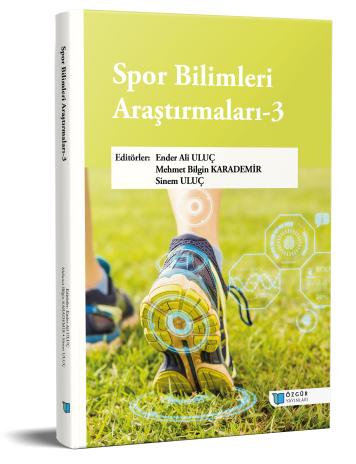
Evaluating the Importance of Flexibility Training for Football Players
Chapter from the book:
Uluç,
E.
A.
&
Karademir,
M.
B.
&
Uluç,
S.
(eds.)
2025.
Sports Sciences Research 3.
Synopsis
Flexibility is one of the fundamental biomotor traits that determines both individuals’ physical performance and their capacity for daily life activities. Low levels of flexibility in athletes can lead to limitations in movement abilities, decreased performance, and an increased risk of injury.
In high-intensity sports such as soccer, which require sudden changes of direction, acceleration, and explosive power, flexibility is crucial for sustaining performance and ensuring safe movement capacity. Static, dynamic, and ballistic stretching exercises are widely applied in soccer to both enhance performance and minimize injury risk. Research indicates that dynamic stretching positively affects sprinting, agility, and vertical jump performance, whereas static stretching supports muscle regeneration and contributes to the recovery process. Maintaining flexibility is important not only for performance enhancement but also for preserving musculo-tendinous integrity and reducing the risk of injuries in soccer players.

